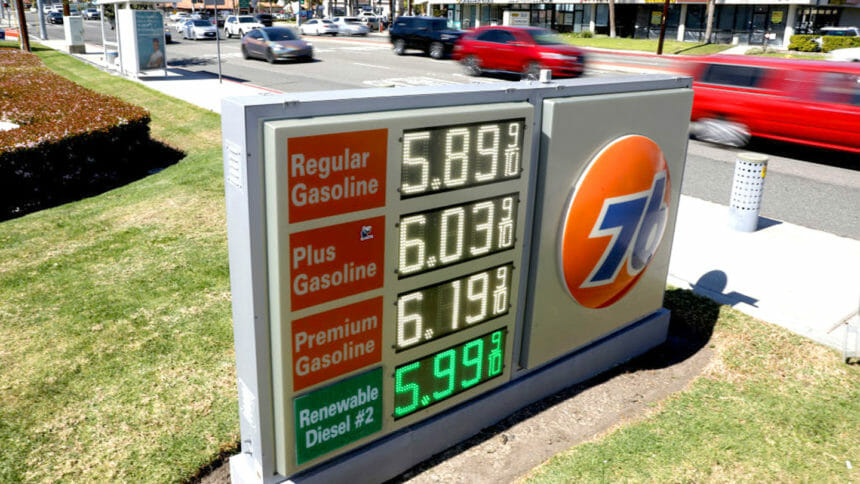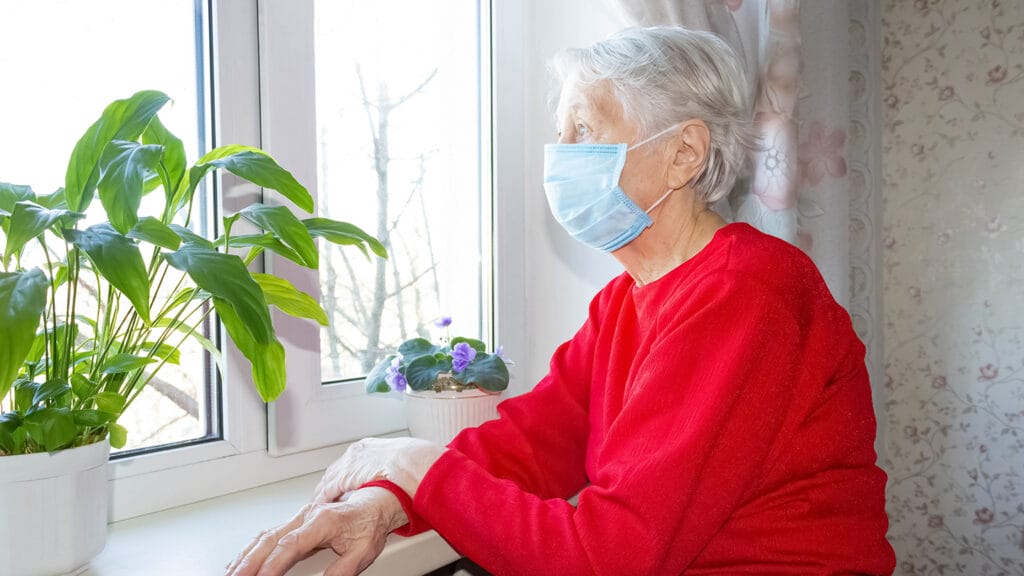
The Internal Revenue Service is giving some relief to home care workers struggling to pay higher prices at the pump. Starting July 1, it is increasing the standard mileage rate for business travel by 4 cents to 62.5 cents.
Although National Association for Home Care & Hospice President William Dombi applauded the move, he told McKnight’s Home Care Daily Pulse in an email the higher rate is not an antidote to the caregiver crisis.
“While the decision is welcome, it is important that government payers like Medicare and Medicaid to increase payment rates to recognize cost increases impacting the entire economy, particularly healthcare,” Dombi said.
David Totaro, Bayada Home Health Care chief government affairs officer, echoed Dombi’s sentiments.
“Without increased government funding for home care programs in most states, we can barely offer a competitive wage as it is — let alone benefits.” Totaro told McKnight’s Home Care Daily Pulse. “It’s no wonder that we as an industry are facing a workforce shortage. An increase in fuel costs is a major expense for caregivers, and it is our hope that legislators across the country see this issue and how it impacts frontline workers, and why they ought to review funding rates and increase them for Medicaid-based home.”
Gas prices began rising after the first of the year, but took off in March when the United States and other nations cut off imports of Russian oil following its invasion of Ukraine. On Monday, the average national price for a gallon of unleaded gasoline jumped to $5.014 a gallon — 15 cents higher than a week ago, according to the American Automobile Association.
IRS Commissioner Chuck Rettig said the higher mileage rate will better reflect the recent increase in fuel prices and could help struggling American workers.
“We are aware a number of unusual factors have come into play involving fuel costs, and we are taking this special step to help taxpayers, businesses and others who use this rate,” Rettig said in a statement.
The optional business standard mileage rate is used to calculate the deductible costs of operating a vehicle for business, rather than tracking the actual costs. The federal government and businesses use the rate as a benchmark to reimburse employees for mileage.
Higher gas prices are the latest blow to the home care industry struggling to attract caregivers in the face of skyrocketing demand and low industry wages. Totaro told McKnight’s Home Care Daily Pulse earlier this spring that the company was having difficulty getting staff to travel to rural areas to care for patients. Some firms, including Griswold Home Care, have been forced to raise caregiver wages to compensate for the higher out-of-pocket transportation costs.



